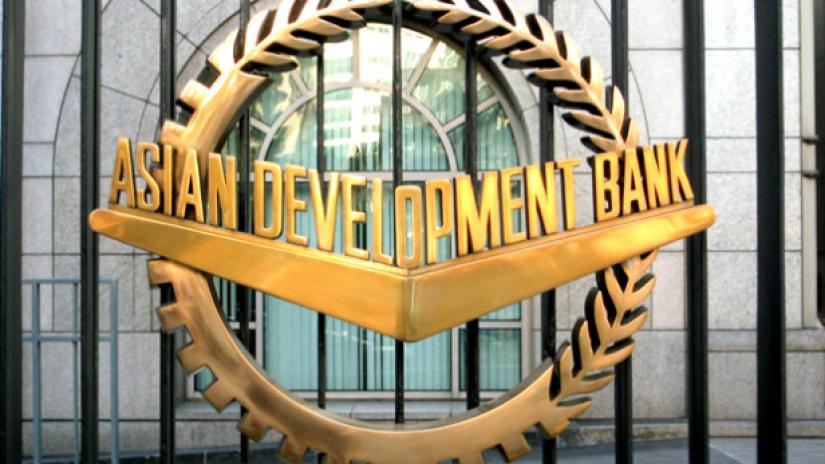 The Asian Development Bank (ADB) has projected that the Bangladeshi economy will grow by eight percent in the ongoing fiscal riding.
The Asian Development Bank (ADB) has projected that the Bangladeshi economy will grow by eight percent in the ongoing fiscal riding.
On Wednesday (Sept 25), the multi-lateral launched its Asian Development Outlook 2019 report, where it attributed the growth to continued buoyant exports, robust private consumption with higher remittances, accommodative monetary policy, ongoing reform to improve the business climate for private investment, and public infrastructure investment.
On the supply side, sustained strong growth in industry and agriculture are expected to be the main drivers of growth in FY2020, it said.
Bangladesh’s GDP growth was 7.86 percent in the past fiscal year while the per capita income was $1,751.
Bangladesh’s economic growth crossed 7 percent in fiscal 2015-2016 after almost a decade in the region of 6 percent.
Despite weaker global growth, favourable trade prospects are expected to continue, the outlook said.
Exports and remittance are likely to further strengthen. Strong public investments, due to continued policy environment and expediting implementation of large infrastructure projects, are also envisaged.
The ADB forecasts such momentum to continue in FY2019-20.
ADB Country Director Manmohan Parkash lauded Bangladesh’s performance and prospect, especially under the current situation and near-term forecast of moderating growth in developing Asia.
If the GDP growth continues, Bangladesh is likely to be the fastest-growing economy in the Asia Pacific, he said.
However, there are several challenges Bangladesh needs to overcome to sustain this momentum in the medium to long-term.
Bangladesh requires an expanded industrial base, a diversified export basket, equitable development in urban and rural areas, and a sound financial system.
Furthermore, the authorities must speed up reforms to improve the business environment to create a vibrant private sector development, the ADB country director said.
Although the implementation of the VAT law is a welcome development, further expansion of the tax base and promotion of efficient tax administration are required for improved resource mobilization, he said.
He added that Bangladesh also needs to further develop human capital in order to meet the growing needs of the private sector.






